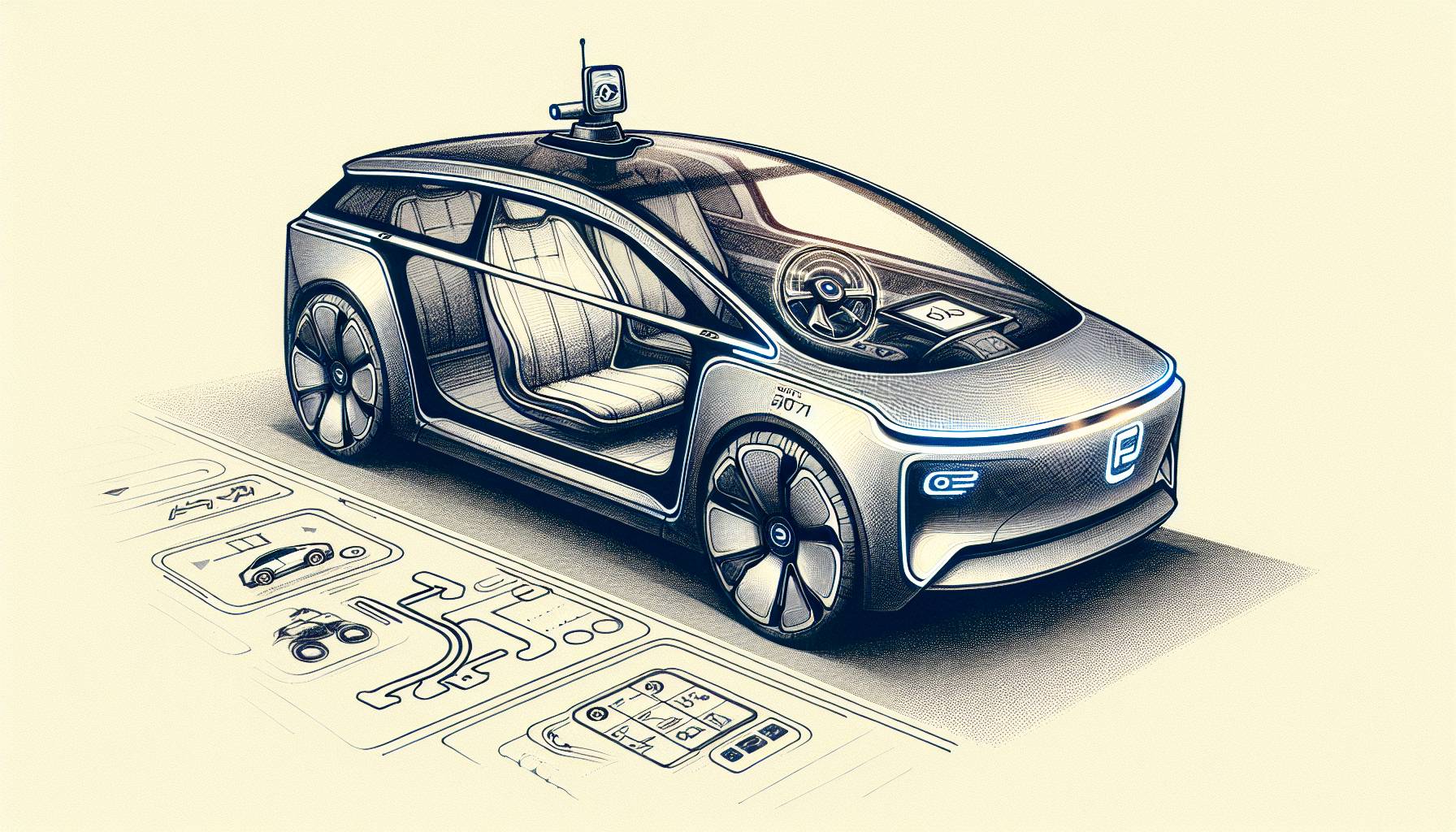The electric vehicle (EV) industry has traditionally focused on automobiles. However, electric bikes, a smaller and more affordable EV option, are making significant strides in reducing oil consumption. As electric bikes become increasingly popular, they offer an eco-friendly alternative for urban transportation, reducing carbon emissions and the demand for fossil fuels. With advancements in battery technology and overall performance improvements, electric bikes present an accessible solution for consumers looking to embrace green transportation methods.
Presently, e-bikes are replacing double the amount of oil as electric cars while requiring far less battery power. This impressive feat highlights the efficiency and potential growth of the e-bike market in reducing overall oil consumption. Moreover, the smaller battery requirements of e-bikes make them a more sustainable alternative compared to electric cars, allowing for faster adoption globally.
E-Bike Efficiency vs. Electric Vehicles
In fact, e-bikes are over 10 times more efficient than electric passenger vehicles, with a single car battery capable of powering an e-bike for more than 200 miles. This impressive efficiency not only reduces the overall energy consumption but also leads to significant cost savings for e-bike users. Furthermore, the reduction in greenhouse gas emissions that comes from using e-bikes instead of cars greatly contributes to the fight against climate change and promotes sustainable transportation.
The Role of E-Bikes in Transportation Solutions
Though e-bikes aren’t the ultimate answer to transportation challenges, they serve as a practical alternative for shorter distances. Electric bikes offer numerous benefits, such as reduced traffic congestion, decreased greenhouse gas emissions, and improved health and fitness for riders. Moreover, they provide a more accessible and cost-effective choice for urban commuters, making them an important component in the transition to sustainable and efficient transport solutions.
Urban Commuting and E-Bike Adoption
The US Department of Energy states that around 60% of US vehicle trips span less than six miles, making e-bikes an ideal choice for numerous excursions. E-bikes provide a cost-effective and environmentally friendly alternative to traditional gas-powered vehicles for these short trips. By choosing e-bikes for these shorter distances, individuals can save money on fuel, reduce their carbon footprint, and contribute to a more sustainable mode of transportation.
Reducing Traffic Congestion and Carbon Emissions
Moreover, recent research has indicated that e-bike utilization has substituted car travel rather than just recreational or fitness-related rides, resulting in a 40% decrease in road traffic in some regions. This significant reduction in road traffic not only alleviates congestion but also contributes to a decrease in carbon emissions, fostering a more sustainable transportation future. E-bikes have now emerged as a viable alternative for those looking to make environmentally-friendly choices and reduce their reliance on fossil fuels for everyday commutes.
Addressing Oil Consumption and Transportation Problems with E-Bikes
E-bikes are increasingly being seen as a crucial component in addressing our oil consumption and transportation problems. As more people adopt e-bikes for their daily commute and short-distance travels, it significantly reduces the demand for gasoline, contributing to a decrease in fossil fuel usage. Furthermore, e-bikes have the potential to alleviate traffic congestion, improving overall transportation efficiency and environmental sustainability.
Growth and Future of E-Bikes
As more research highlights their substantial impact, e-bikes will likely continue to grow in popularity and contribute to a cleaner future for all electric vehicles. The implementation of e-bikes can significantly reduce greenhouse gas emissions while encouraging a healthier, more active lifestyle among commuters. Manufacturers are constantly improving e-bike technology to create user-friendly, durable, and efficient models that could secure a larger market share in the transportation industry.
Frequently Asked Questions
Why are electric bikes becoming more popular?
Electric bikes are gaining popularity due to their eco-friendly nature, reduced carbon emissions, low-cost access to green transportation methods, and improved battery technology and overall performance.
How do e-bikes compare to electric vehicles in terms of efficiency?
E-bikes are over 10 times more efficient compared to electric passenger vehicles. A single car battery can power an e-bike for more than 200 miles, leading to significant energy consumption reduction and cost savings for users.
What benefits do e-bikes offer for urban transportation?
E-bikes offer numerous benefits for urban transportation, including reduced traffic congestion, decreased greenhouse gas emissions, improved health and fitness for riders, and a more accessible and cost-effective choice for commuters.
How do e-bikes contribute to reducing traffic congestion and carbon emissions?
E-bikes have been found to substitute car travel rather than just recreational or fitness-related rides. This substitution has resulted in a 40% decrease in road traffic in some regions, which leads to a decrease in carbon emissions and a more sustainable transportation future.
How do e-bikes help address oil consumption and transportation problems?
E-bikes help reduce the demand for gasoline by offering a viable alternative for daily commutes and short-distance travels. This decrease in fossil fuel usage, combined with their potential to alleviate traffic congestion, contributes to overall transportation efficiency and environmental sustainability.
What is the future growth and potential of e-bikes?
As research continues to highlight their positive impact, e-bikes are expected to grow in popularity and contribute to a cleaner future for all electric vehicles. Manufacturers are constantly improving e-bike technology to create user-friendly, durable, and efficient models that could capture a larger market share in the transportation industry.
First Reported on: electrek.co
Featured Image Credit: Photo by Oleksandr P; Pexels; Thank you!













